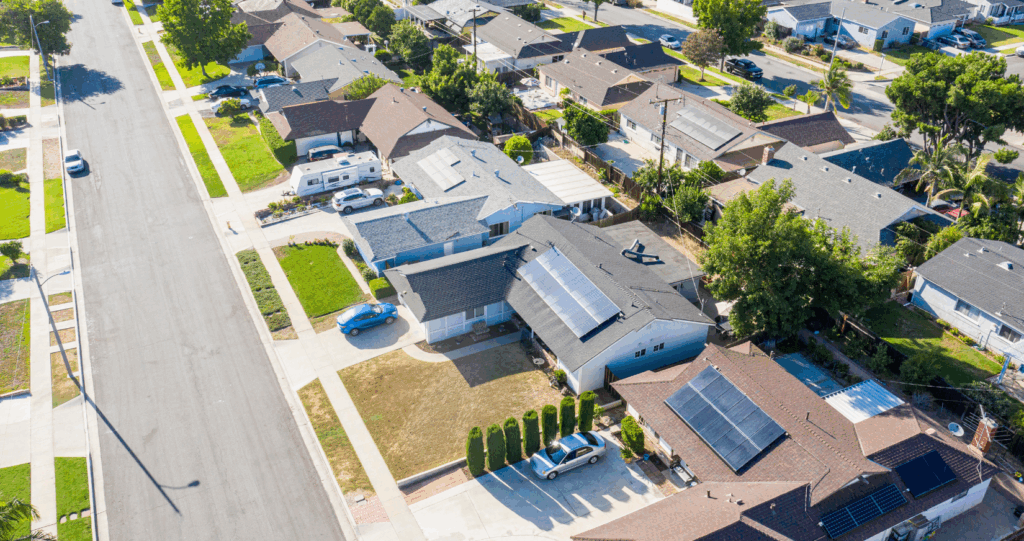On 6 August 2025, DSO Entity responded to the European Commission’s (EC) Public Consultation on the Citizens Energy Package for which a Communication is expected in Q4 2025. Given the relevant role of DSOs in enabling customers in the energy transition DSO Entity responded to the 2nd part in the consultation on consumer empowerment. The response stressed that several thousand energy sharing schemes have already been successfully implemented within the EU with DSOs as core facilitators. In this respect DSO Entity underlined the need for cost-reflective network tariffs to ensure a fair transition among all users and to guarantee sufficient investments in smart and digitalised grids which are a precondition for consumer empowerment.
DSOs role in empowering consumers:
DSOs are at the forefront of the decentralisation of the energy system with more renewables, electric vehicles and heat pumps primarily connected to the distribution grid. Thereby, DSOs do not only contribute to reaching the EU’s net-zero target and strategic (energy) autonomy, but also to empowering consumers through the facilitation of self-consumption, energy communities, energy sharing or flexibility solutions.
DSOs as core enablers of energy sharing:
In its response DSO Entity highlighted the following aspects with regards to energy sharing:
- Need for cost-reflective network tariffs also in energy sharing: When considering a special tariff regime for consumers engaging in energy sharing, DSO Entity supports the principle stated by the EC on its guidelines on electricity tariffs1: “These special tariff regimes are not excluded under the relevant rules but need to be justified by the relevant National Regulatory Authority (NRA) in light of the broader principle of cost-reflectivity.” Therefore, any discount or special tariff for energy sharing must be based on actual demonstrable savings and efficiency gains. Cost-reflective tariffs are important to ensure cost recovery by DSOs. Lacking these principles, DSOs could fail to invest enough in smarter grids and the IT-infrastructure necessary for the provision of these services.
- An implementing act on data interoperability for energy sharing as tool to enhance transparency: DSO Entity underlines that an implementing act on data interoperability for energy sharing should improve transparency on different national models but not endanger existing practices. While in several Member States energy sharing has already been implemented and facilitated by DSOs such an implementing act can give valuable insights for countries who might not yet have implemented energy sharing provisions by providing transparency about different schemes and mapping existing national practices along a role model. Given the mandate of DSO Entity to promote the completion and functioning of the internal market for electricity (EU/2019/943 Art. 52(1)) and its role in developing implementing acts to ensure data interoperability (EU/2023/1162 Art. 11-12), DSO Entity is an important partner for the EC to develop such a potential act.
Need to align incentives provided by retail tariffs with (local) grid needs:
While flexibility in retail contracts is of no direct relevance for DSOs, DSO Entity emphasizes that if demand flexibility is integrated into the retail energy market without coordination with DSOs on grid constraints this will not necessarily result in distribution grid stability benefits as their price signals may not match the grids actual needs. Setting retail tariffs based on market prices does not guarantee alignment with local grid needs. Each local area has its own specific generation and consumption patterns, and therefore its own peak times. It might only bring a benefit for the improvement of grid stability at the distribution level if the demand flexibility enabled by these contracts is coordinated with distribution grid needs and locally optimized.
Read the full response:
DSO Entity’s response to the consultation is available here.
For more information please contact: Elisa.vanDooren@eudsoentity.eu


